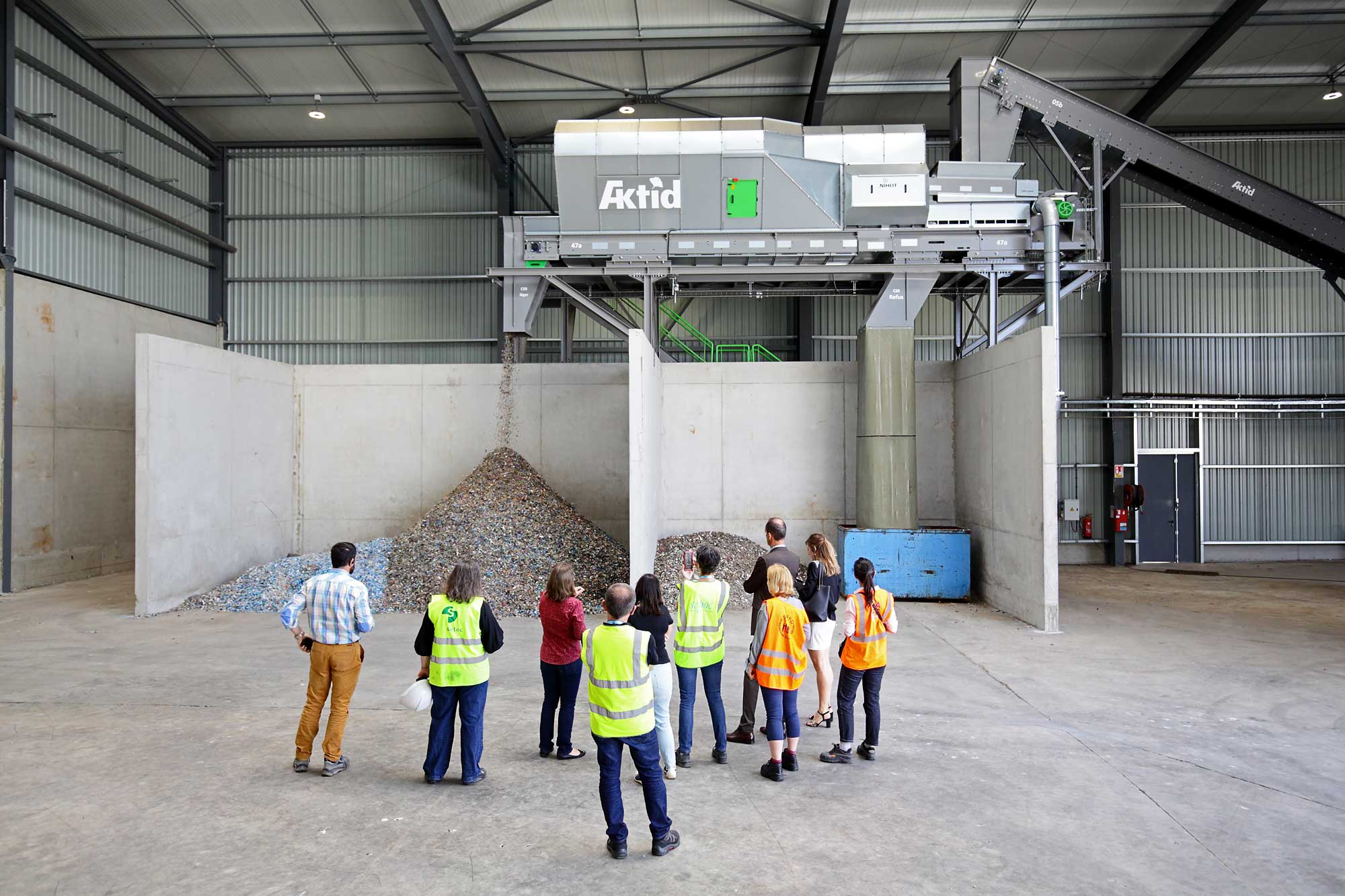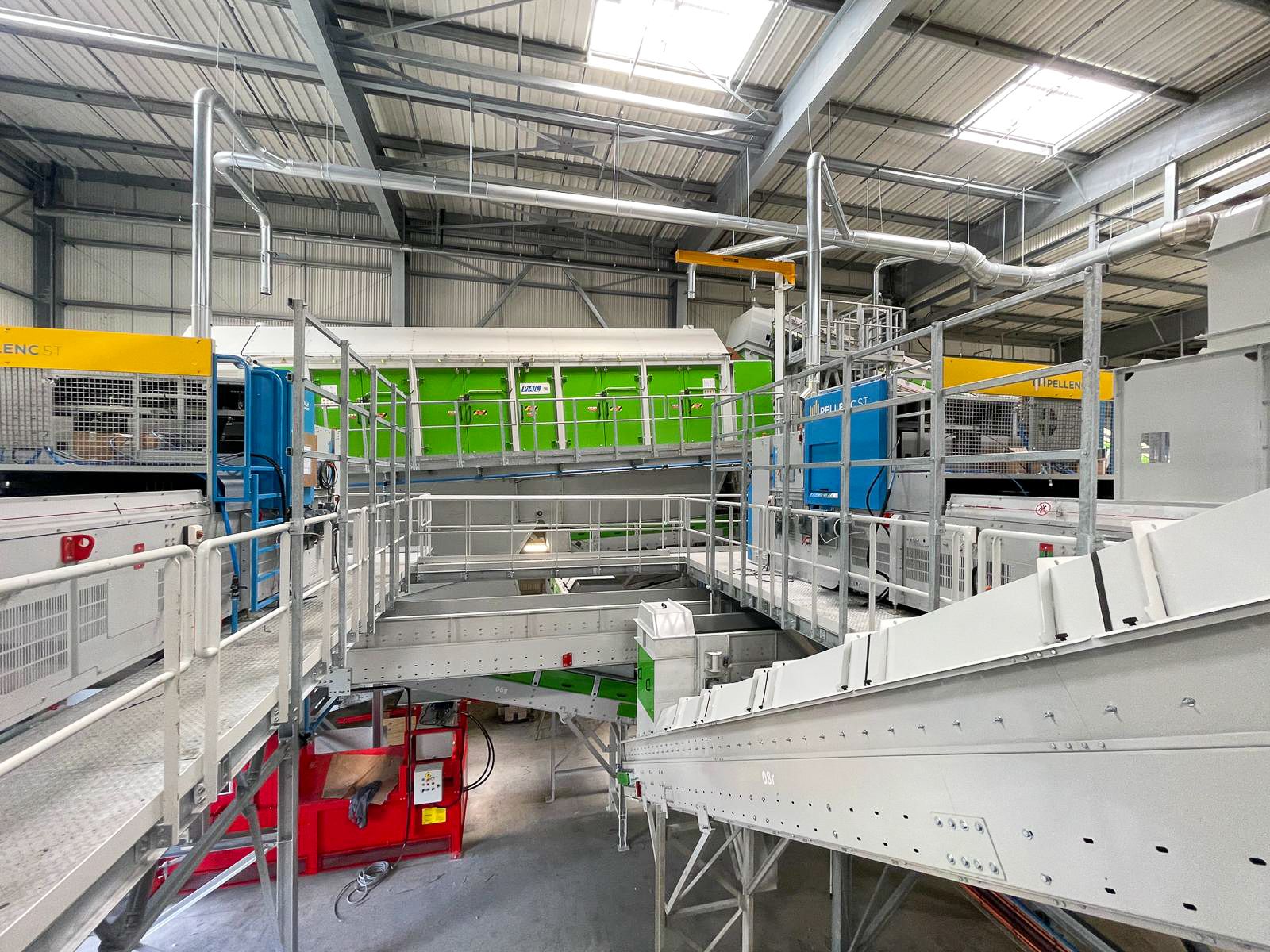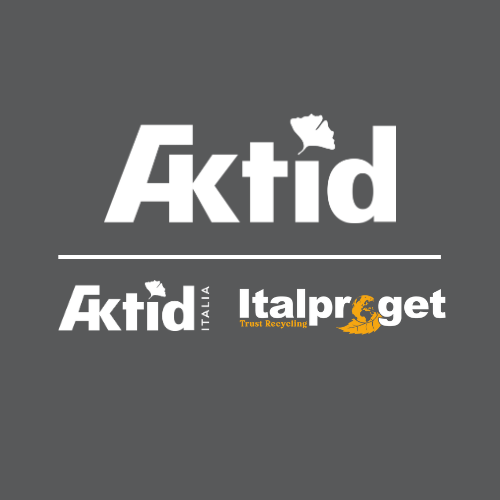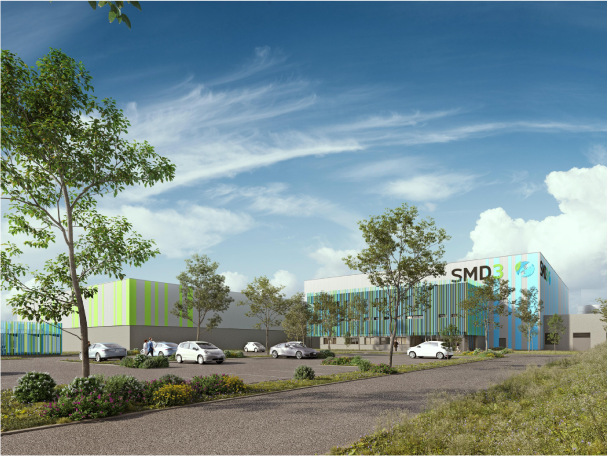OPEN DAY: SOLID RECOVERED FUELS
15 June 2023

DISCOVERY OF TILET RECUPERATION’S SOLID RECOVERED FUELS (SRF) PRODUCTION LINE DURING AN OPEN DAY IN PORTES-LES-VALENCE
On Tuesday 6 June, almost 90 people from the waste management sector gathered in Portes-lès-Valence to discover Tilet Récupération’s Solid Recovered Fuel (SRF) production line, designed and built by AKTID.
This open day dedicated to SRF began with a sociable breakfast, followed by a presentation of Tilet Récupération and the genesis of the project by Patrick Folcher, Sales Manager for Private Markets at AKTID. He traced the development of Tilet Récupération, from sorting metals in 1989 to recycling industrial paper, cardboard, plastic film and wood waste. As part of its ongoing drive to maximise waste recycling, Tilet Récupération decided to invest in an SRF production line in 2022. AKTID, with its wealth of experience in the field, proposed a solution that was both simple and scalable to meet the specific needs of Tilet Récupération. The line produces 5 to 6 tonnes of SRF per hour, suitable for pre-calcination cement works and/or industrial boilers.
Four AKTID experts then presented the sorting process to the participants, following the path of the incoming waste like a guided tour. First, the sorting of PCW, carried out to a high standard thanks to AKTID’s rotating sorting table. Then the path taken by the materials to be transformed into fuel, made up mainly of non-recyclable waste and some external inputs that can be transformed directly into SRF. Everything is sent to the SRF production line. Through material and energy recovery, almost 100% of the flow is recycled.
The visit continued with a more detailed presentation of the SRF production line, where AKTID has made some innovative choices: Firstly, by opting for a grate mill at the start of the process, thus avoiding the traditional combination of pre-mill at the inlet and granulator at the outlet. This orientation enables the final particle size to be produced at the very beginning of the process. The following stages are simply designed to clean the flow of undesirable elements such as overly long items, ferrous and non-ferrous metals and heavy items that are incompatible with efficient SRF combustion.
In short, a simple scheme which, given the quality and proper preparation of the incoming waste, can produce a high-quality SRF while limiting the initial investment. This line has also been designed to be scalable, adapting to any changes in outlets.
The day ended with a buffet lunch, providing participants with an opportunity to meet and exchange views on waste recycling and SRF. The enthusiasm generated by this event demonstrates everyone’s commitment to better waste management.
Aktid and its team would like to extend their heartfelt thanks to Tilet Récupération for its warm welcome and to all the participants.





Stay In Touch